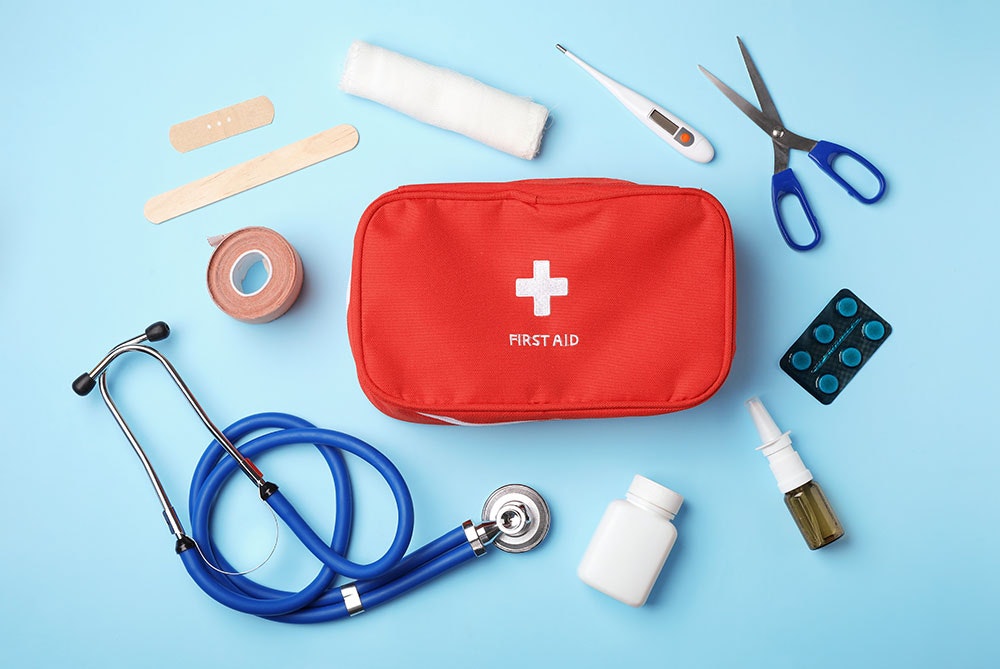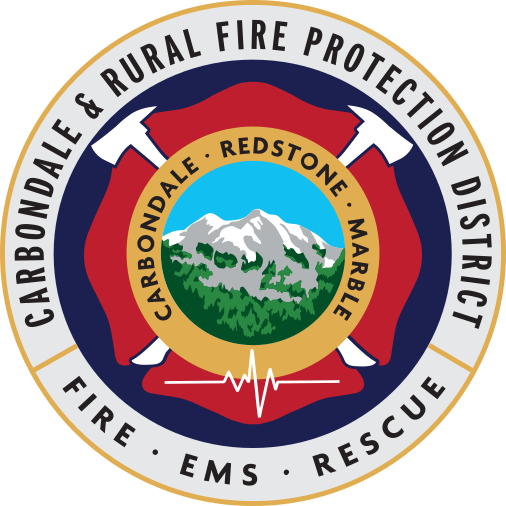Basic First Aid for Every Household
By admin Published March 20, 2023

It can be easy to forget about the importance of first aid until you’re faced with a situation where you need it. Basic first aid is a vital skill that can save lives or help reduce pain or discomfort. It’s the responsibility of each home to have basic first aid items available and know how to use them.
These tips will help your household prepare for minor injuries such as scrapes, cuts, insect stings, etc. Having all the necessary materials on hand means you’ll be ready in case something goes wrong—and that little bit of preparation can go a long way. Keep reading for more information about what items should be stocked in your home’s first aid kit.
What You Need in Your Household First Aid Kit
It is important to have a well-stocked first aid kit in your home, complete with all the necessary items to respond quickly and effectively to minor injuries. Basic items that should be kept on hand include:
- Sterile bandages
- Gauze
- Medical tape
- Antiseptic wipes/wound wash
- Tweezers/Scissors
- Instant cold compresses
- Pain relief products like ibuprofen or acetaminophen
These items typically come in pre-packaged first aid kits. If you purchase one of these kits, make sure to take note of when items in the kit may expire. You don’t want to use expired products because they will not be as effective and may even make an injury worse.
Additionally, having a thermometer in your home first aid kit can be incredibly useful in assessing body temperature. A blood pressure cuff and pulse oximeter are great add-ons you should consider. First aid training can help as it teaches you how to properly use the supplies listed above and provides basic first aid information should an injury occur. Having a comprehensive first aid kit that is accessible to all is important for households of all sizes–you’ll never know when it could come in handy.
Basic First Aid Techniques Everyone Should Know
Everyone should be familiar with basic first-aid techniques. Knowing the right steps to take during a minor emergency can help promote quick healing and prevent further injury or harm.
WebMD’s first aid tips are very helpful and detail what you should do in different scenarios. It may be helpful to print it out and keep it near your first aid kit.
Always wash your hands before treating someone with an injury. If you can’t wash your hands, use hand sanitizer or thoroughly wipe them with an alcohol wipe (which can be found in most first aid kits) and apply sterile gloves. Make sure to clean every wound before applying any dressings to avoid infection.
Importance of Basic First Aid for Minor Injuries
Knowing basic first aid measures is essential for every household. Having the right supplies in your home’s first aid kit will ensure you can take care of minor injuries with ease and confidence. Most importantly, having a basic understanding of first aid for minor injuries can help save lives by providing early treatment before seeking professional medical help.
Whether it is treating a simple wound or providing CPR to someone who has gone into cardiac arrest, knowing how to provide appropriate care can make all the difference. Taking the time to learn basic first aid is an important step toward being prepared when faced with a medical emergency—and you may even save a life.
Carbondale Fire will be offering CPR classes for the public this Spring. Keep an eye on our website or Facebook page for dates.
When to Seek Medical Attention for Serious Injuries
Knowing when an injury is severe enough to require medical attention can mean the difference between a minor setback and more serious consequences. Though some minor household injuries may be treated with items found in a basic home first aid kit, deep cuts, broken bones, or life-threatening allergic reactions should always be evaluated by medical professionals. In the event of an emergency, seek immediate assistance and do not try to address the issue alone.
It is important to be aware of basic first aid techniques in the home, but understanding when and how to call for professional help can have huge implications on a person’s safety and well-being. Make sure your house is equipped with all the necessary first aid supplies so you are adequately prepared.
If there is an emergency, call 9-1-1. If you have any questions about first aid or CPR classes, please reach out to your friends at Carbondale Fire.

